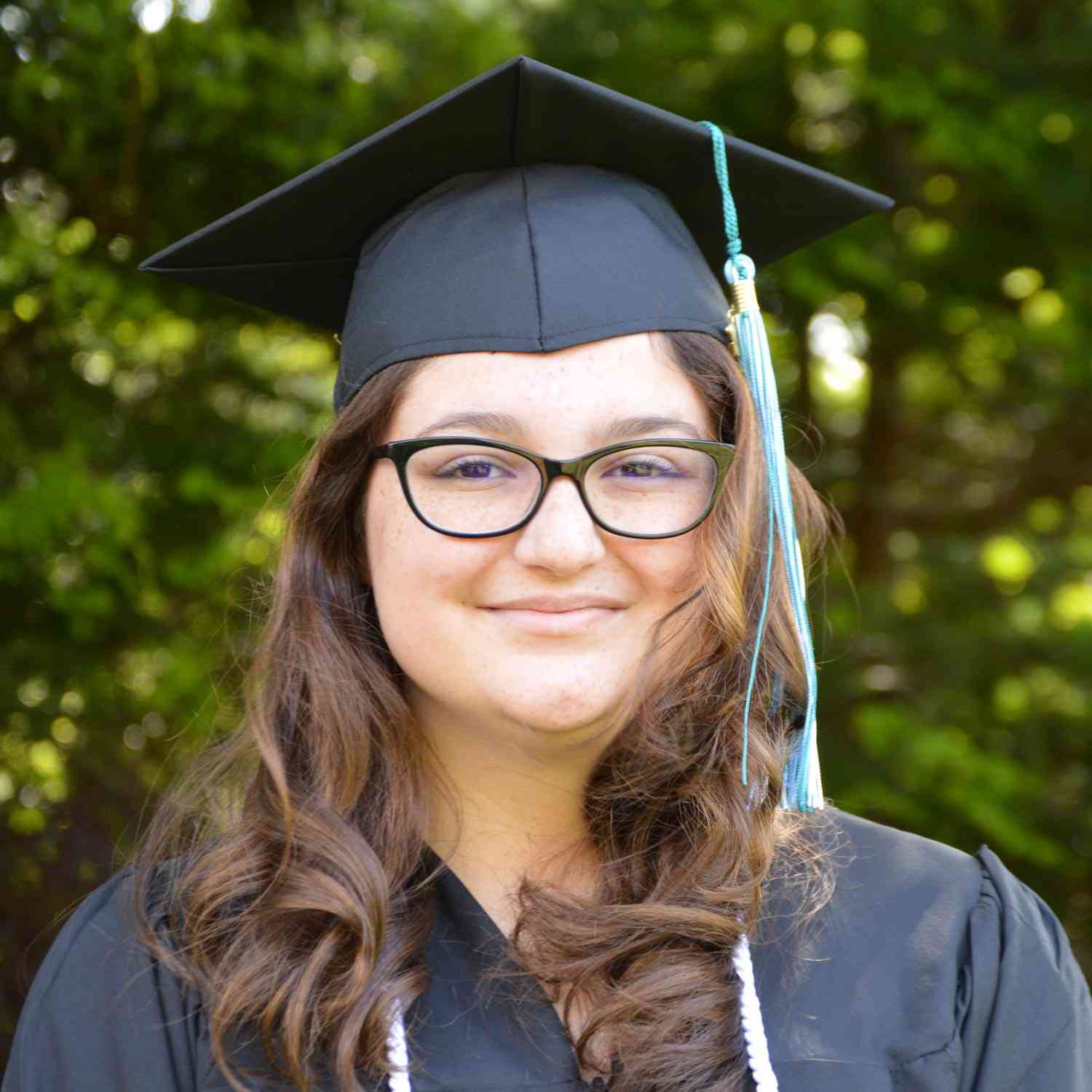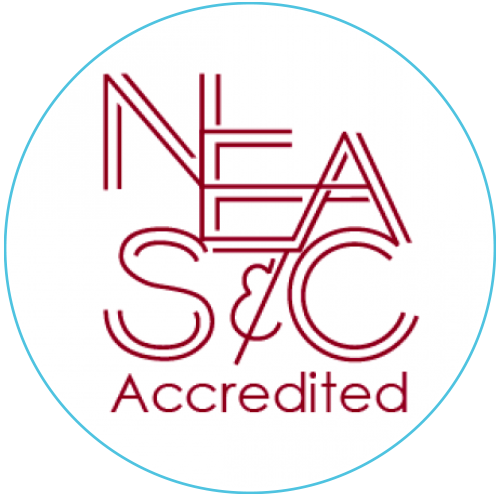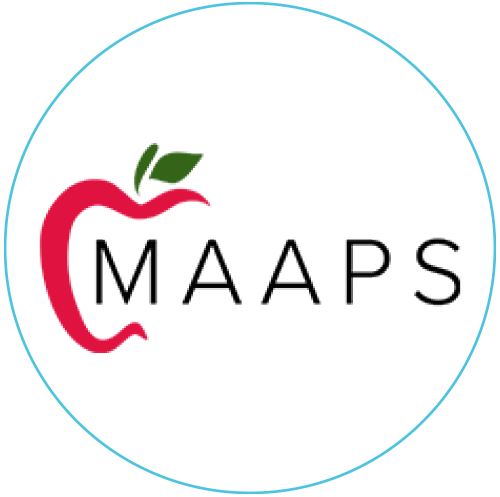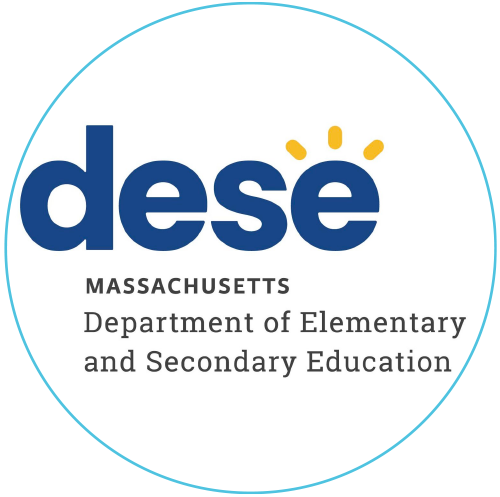Doctor Franklin Perkins School
Dedicated to exceptional academic, social, emotional, and behavioral supports and related services, the Doctor Franklin Perkins School provides a 12-month academic program for students in Grades K-12 and beyond through age 21.
Additionally, for those students requiring 24-hour support, our residential program provides full after-school programming and round the clock support to help facilitate their learning and development.
We are committed to a learning environment that has an academically challenging curriculum, a philosophy of teaching that focuses on individual student strengths, and an emphasis on seeing students succeed. Families and caregivers are a vital resource, and we seek their partnership to participate in planning and decision-making.
Who We Serve
We proudly serve students with significant social, emotional, and behavioral disabilities using a trauma-responsive approach. Our team focuses on developing student attitudes and actions that promote problem-solving, independence, and academic achievement.
Our team recognizes that out-of-district placement decisions are difficult ones, and we want families to know that we consider our approved 766 special education schools to be extensions of a local school district’s services. We work collaboratively with nearly 100 school districts across New England to provide specialized educational and therapeutic services for our students to enable them to become connected, capable, and healthy.
We are able to serve many different students well, but we have special expertise in these profiles or histories:
Anxiety Disorders (e.g., Generalized Anxiety, Social Anxiety, Panic Disorder)
Bipolar Disorders
Depressive Disorders (e.g., Disruptive Mood Dysregulation, Major Depressive, Persistent Depressive)
Trauma and Stressor-Related Disorders (e.g., Post-Traumatic Stress, Reactive Attachment, Disinhibited Social Engagement)
Executive Dysfunction Disorder
Neurodevelopmental Disorders (e.g., Specific Learning, Attention-Deficit Disorder, Social or Pragmatic Communication, High-functioning Autism Spectrum)
Capacity to express thoughts and emotions verbally, process and reflect on feelings and events
Students Served Annually
Towns Represented
Day Students
Residential Students
Age Range
Highlights
Low Student-Staff Ratio and Small Class Sizes
Reading and Literacy Services
Strong Elective Programs in Music, Art, Swimming, Health
Full Gymnasium, Indoor Pool, and Fitness Center
State-of-the Art Facilities: Fully Equipped Occupational Therapy Center
Spacious, Light-filled Classrooms, Library, and Dining Room; Outdoor Learning Areas; Auditorium
Farm-to-Table Lunch Options with Locally Harvested Food
Job Readiness Program for 11th–12th Graders to Develop Work Skills
Residential Education
Some students require 24-hour care onsite. We provide that care in home-like settings that prioritize well-being.
Our residences are organized in a variety of configurations based on need, gender, and age. Residential and day program staff collaborate regularly to ensure an integrated approach in how we meet student needs.
Each of our residential programs is supported by highly trained clinical and direct care staff using healing-centered, evidence-informed approaches to care. Utilizing the Attachment, Self- Regulation, Competency (ARC) treatment framework, we focus on building individual capacity to regulate emotions, capitalize on personal strengths, and build healthy relationships. Each individual has a unique treatment plan designed to meet them where they are, and we provide individual, group, and family therapy support. In addition, our residential services include coordination for medical, dental, and pharmaceutical care and follow-up.
Individuals in our residential programs also have evening and weekend access to a variety of activities on our main campus in Lancaster including exercise, fitness center, indoor pool, hikes, team games, arts and crafts, cooking groups, our therapeutic riding program, and more.

Residential Education
Adult Transition Program (ATP)
The school’s Adult Transition Program (ATP) serves students ages 18-22, with a focus on facilitating the shift from traditional academics to post-school preparation. Students learn and develop academic and daily living skills, employment skills, and interpersonal skills. Additionally, ATP can assist with the transition to adult services, such as independent living with community participation, enabling individuals to become members of the community.
The program is staffed by licensed educators and support service providers and runs in conjunction with the Dr. Franklin Perkins School calendar. Students have access to campus amenities such as the fitness center, pool, and cafeteria.

We're here for you.
Doctor Franklin Perkins School
975 Main Street
Lancaster, MA 01523
For current families and caregivers:
Kristin Stanley (she/her/hers)
Office Manager, Education
978-368-6461
For families or districts interested in learning more about DFPS, contact our admissions team:
Deanna King (she/her/hers)
Jennifer McGrail (she/her/hers)
Personal Story
Meet Rileigh
Rileigh is a resilient young woman and a recent DFPS graduate. When she first entered the school’s day program as a middle school student, she remembers feeling stuck, hopeless, and overwhelmed.
Rileigh began experiencing anxiety in the 5th grade. She was terrified by thoughts of becoming hurt or sick and remembers avoiding even the slightest discomfort. Her anxiety was dictating her life, keeping her home and feeling like she needed to be with her mother at all times. Despite being a capable student, her anxiety was also taking over at school. Her school district and family realized that more expert help was needed, and her parents put their trust in DFPS.
A team of clinicians and school staff members worked alongside Rileigh to help her understand herself as a person. She learned to cope and navigate her unhelpful thoughts and compulsions. Together, they worked on better understanding how anxiety works and the science behind it. Then, they explored strategies that were designed to demote anxiety from a crisis to an expected life experience. Rileigh worked hard and shifted her thinking to embrace anxious moments as times to put her skills into action.
Bridget, Rileigh’s trusted Clinical Coordinator, explains, “We’re not trying to get rid of anxiety. We know that it will show up. Instead, we’re empowering Rileigh to manage it when it does.”
A big step in Rileigh’s success was rediscovering her love of learning. She also appreciates how the entire school works as a whole to support her. With all the DFPS staff members trained in anxiety management, her anxiety has nowhere to hide.
Rileigh is a resilient young woman and a recent DFPS graduate. When she first entered the school’s day program as a middle school student, she remembers feeling stuck, hopeless, and overwhelmed.
Rileigh began experiencing anxiety in the 5th grade. She was terrified by thoughts of becoming hurt or sick and remembers avoiding even the slightest discomfort. Her anxiety was dictating her life, keeping her home and feeling like she needed to be with her mother at all times. Despite being a capable student, her anxiety was also taking over at school. Her school district and family realized that more expert help was needed, and her parents put their trust in DFPS.
A team of clinicians and school staff members worked alongside Rileigh to help her understand herself as a person. She learned to cope and navigate her unhelpful thoughts and compulsions. Together, they worked on better understanding how anxiety works and the science behind it. Then, they explored strategies that were designed to demote anxiety from a crisis to an expected life experience. Rileigh worked hard and shifted her thinking to embrace anxious moments as times to put her skills into action.
Bridget, Rileigh’s trusted Clinical Coordinator, explains, “We’re not trying to get rid of anxiety. We know that it will show up. Instead, we’re empowering Rileigh to manage it when it does.”
A big step in Rileigh’s success was rediscovering her love of learning. She also appreciates how the entire school works as a whole to support her. With all the DFPS staff members trained in anxiety management, her anxiety has nowhere to hide.

Join Our Team
Want to work with a leading human services agency that’s making a difference in people’s lives every day?
Our dedicated staff bring compassion, expertise, and a passion for helping individuals and families facing challenges. We know finding the right fit is important, and invite you to find out more about the range of programs and people we serve, our locations, and current job openings.
A Learning Mindset.
Like those we serve, we seek to learn on a daily basis, from best practices, real time experiences, and each other.





